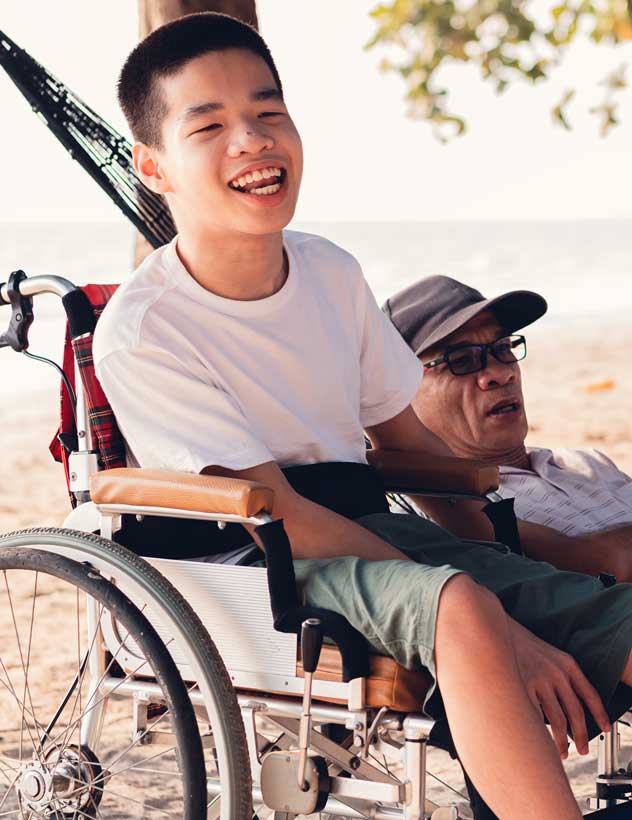Becoming a guardian requires a formal Petition to the court. The Petition sets forth the factual basis for guardianship and states that the proposed protected person is “incapacitated.” Under Oregon law, “incapacitated” is defined as:
“[A] condition in which a person’s ability to receive and evaluate information effectively or to communicate decisions is impaired to such an extent that the person presently lacks the capacity to meet the essential requirements for the person’s physical health or safety. “Meeting the essential requirements for physical health and safety” means those actions necessary to provide the health care, food, shelter, clothing, personal hygiene and other care without which serious physical injury or illness is likely to occur.”
In deciding whether to appoint a guardian for someone, the court considers information from doctors, mental health professionals, care providers, and family members. The court appoints a neutral third party known as a “Court Visitor” who communicates with all relevant parties and prepares a report for the court containing recommendations for or against guardianship.
When a Petition for Appointment of a Guardian is filed, copies of the Petition must be provided to the incapacitated person and to certain family members, public agencies, and other individuals. These individuals and organizations are given 15 days to consider the Petition and file objections. If no one objects during the 15-day notice period, the court enters a Judgment appointing a guardian. If objections are filed, the court holds a hearing to decide whether guardianship is necessary and, if so, whether the person nominated to serve as guardian is an appropriate candidate. After the hearing, the court enters a Judgment.



